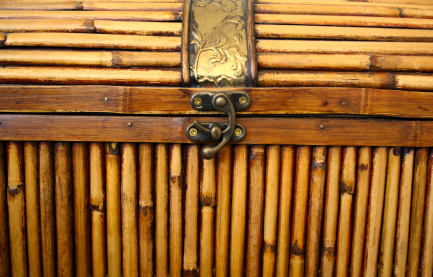
The story of Mary and Martha is one that most Christians are familiar with (Lk. 10:38-42). Perhaps it’s because of the fast-paced nature of our society and our proclivity to “multi-task” but there seems to be a special resonance with that story among people with whom I regularly interact. It’s not surprising. There are a lot of things to do, and just like Martha in the midst of getting things done, we can forget the most important things.
While I’ve written about this incident before, I want to focus on a particular part of the story today. In reminding Martha that Mary has chosen the “necessary” thing, Christ also says that what Mary has chosen “will not be taken from her.” Although the contrast isn’t made explicit, it does seem rather obvious. What Mary has chosen will remain; what Martha has chosen will not.
It’s easy to look at the exchange with Martha and Jesus and see it merely as a reminder that we need to purpose to spend time with Jesus. That’s a good reminder, and just like for Mary, it is a “necessary” thing for all that follow Him. However, it should also be an admonition to focus on the things that won’t be taken away. In other words, to focus on that which has eternal significance and not merely earthly import. To not, as Matthew 6:19-20 puts it, “lay up for yourselves treasures on earth, where moth and rust destroy and where thieves break in and steal” but instead to “lay up for yourselves treasures in heaven, where neither moth nor rust destroys and where thieves do not break in and steal.”
What does this mean practically?
- It means that cleaning the house is probably not as important as the attitude that we express while we are doing it.
- It means that getting things crossed off our to-do list, is not as important as whether we are working unto the Lord (Col. 3:23).
- It means that spending time at Jesus’ feet matters because it should effect how we do everything else throughout the day.
Our focus shouldn’t only be on eternity during our quiet time, but in each and every thing we do.
In other words, we need to ask ourselves whether we are concerned with that which will not be taken away or whether we spending our time on lesser, and not necessary, things.